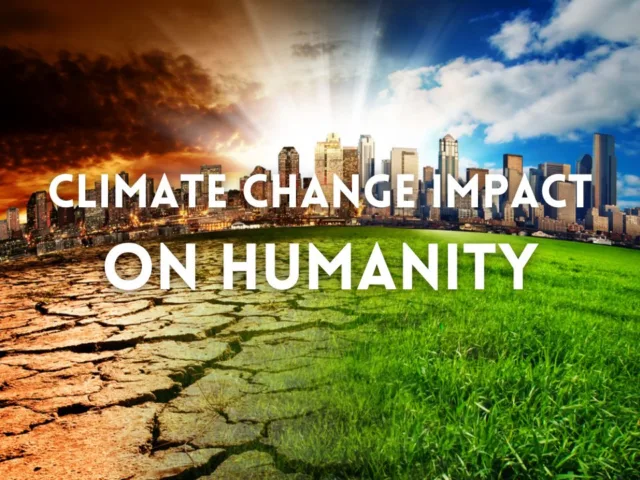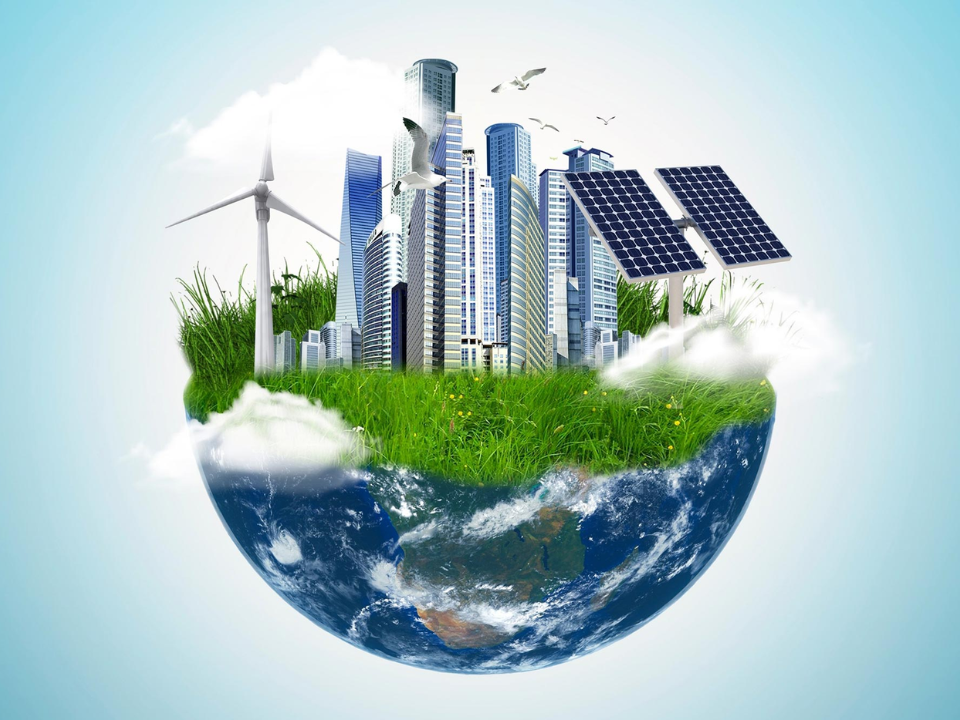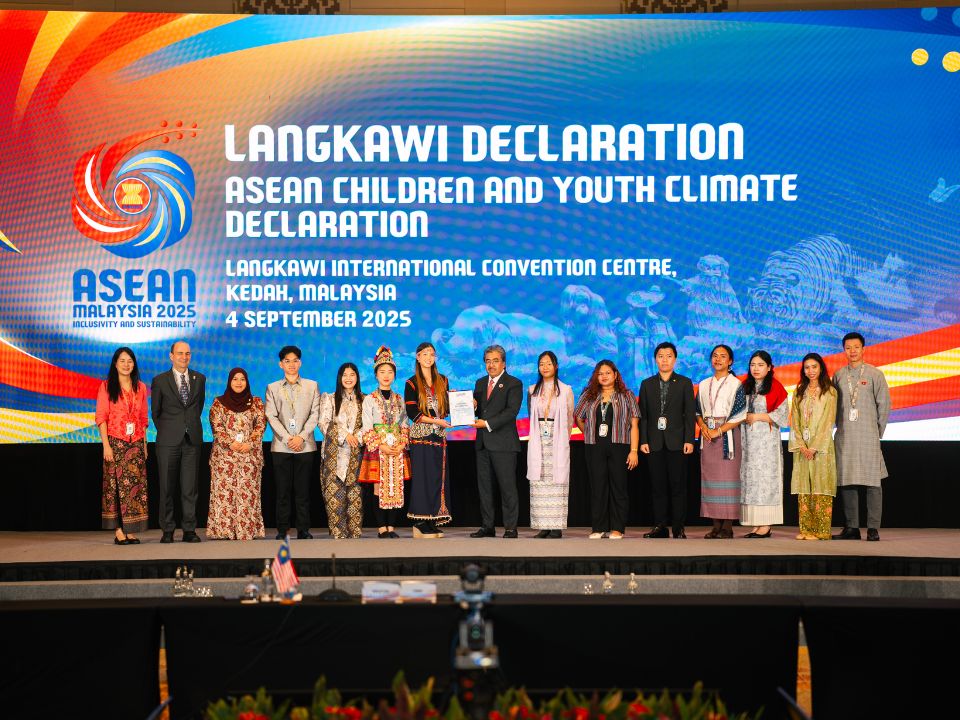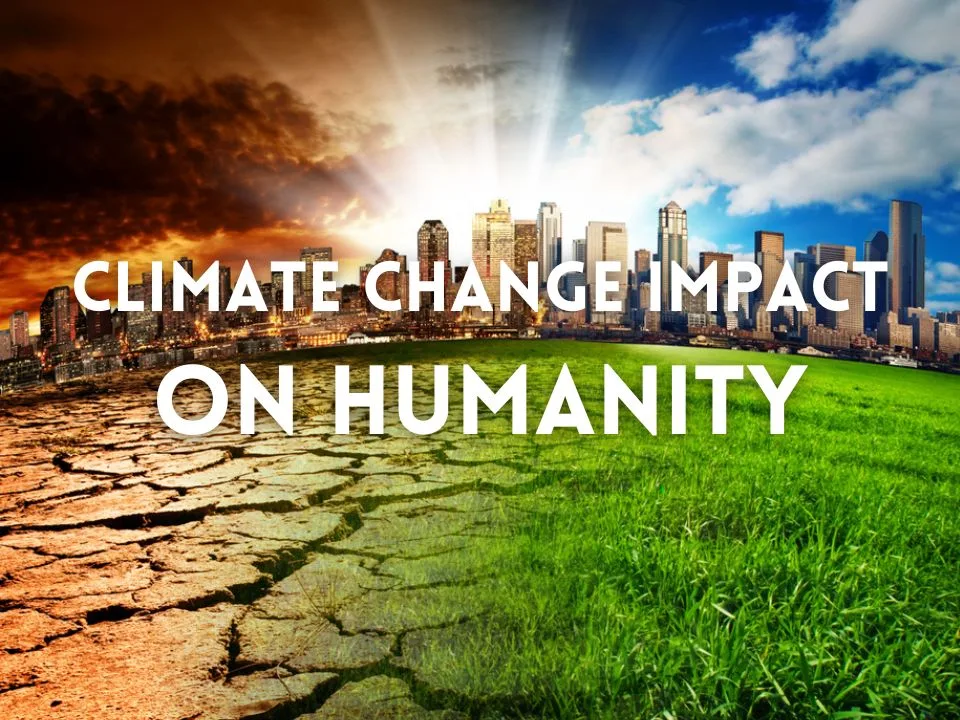
Climate change is no longer a distant threat looming on the horizon; it is a reality that is impacting the lives of millions of people around the globe.
How Does It Impacts The Humanity?
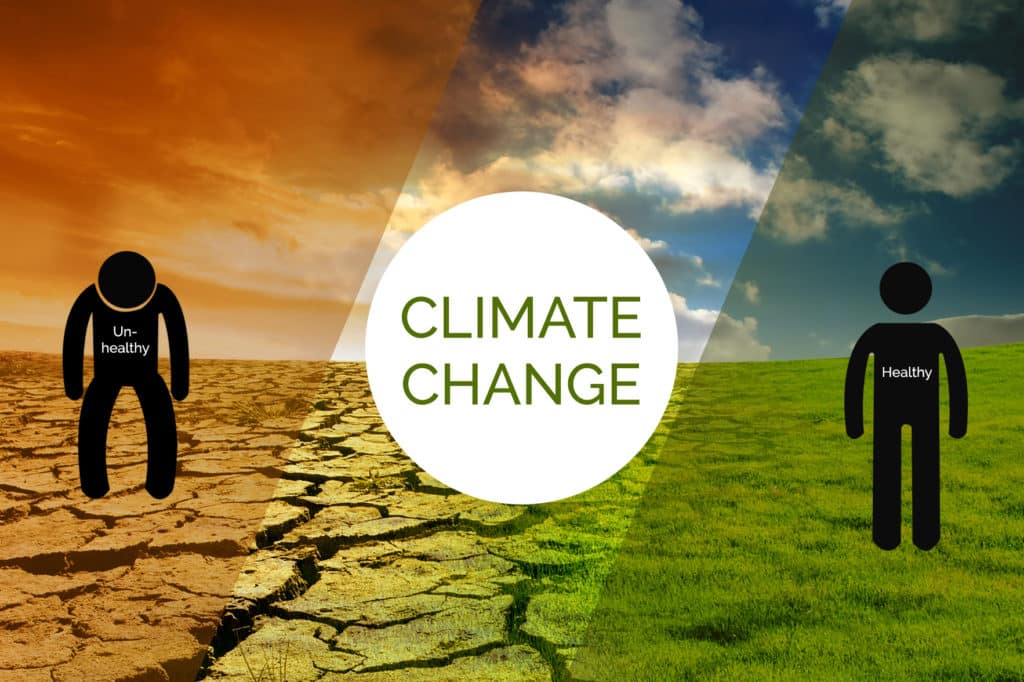
Image via Green Geeks
From extreme weather events to rising sea levels and shifting agricultural patterns, the effects of climate change are far-reaching and multifaceted. However, one of the most concerning aspects of climate change is its impact on human beings.
In this article, we delve into the ways in which climate change is affecting humanity and explore the urgent need for action to mitigate its devastating consequences.
1. Health Risks
Climate change poses significant risks to human health, exacerbating existing health problems and giving rise to new ones. The increase in extreme heat events, for example, can lead to heat-related illnesses such as heatstroke and dehydration, particularly among vulnerable populations such as the elderly and the homeless.
Additionally, changing weather patterns contribute to the spread of vector-borne diseases like malaria and dengue fever, as warmer temperatures create more hospitable environments for disease-carrying mosquitoes.
2. Food Security
Agriculture is highly sensitive to changes in climate, making food security a major concern in a warming world. Erratic rainfall patterns, prolonged droughts, and more frequent extreme weather events can devastate crops and livestock, leading to food shortages and price spikes.
This not only affects the availability of food but also its nutritional quality, as crops may contain lower levels of essential nutrients when grown under stress.
3. Displacement & Migration
Climate change is increasingly recognized as a driver of displacement and migration, as people are forced to flee their homes due to rising sea levels, extreme weather events, and dwindling resources.
This displacement can lead to a range of social, economic, and political challenges, including strained infrastructure, conflict over scarce resources, and heightened tensions between host communities and newcomers.
4. Economic Impacts
The economic consequences of climate change are profound and wide-ranging. In addition to the costs associated with responding to and recovering from extreme weather events, there are long-term impacts on industries such as agriculture, tourism, and insurance.
Furthermore, the effects of climate change are often felt most acutely by low-income communities and developing countries, which have limited resources to adapt and cope with its effects.
5. Mental Health
The psychological toll of climate change should not be overlooked. The loss of homes, livelihoods, and community ties can have profound effects on mental health, leading to increased rates of anxiety, depression, and post-traumatic stress disorder.
Moreover, the uncertainty and existential threat posed by climate change can contribute to feelings of helplessness and despair, particularly among young people who stand to inherit a planet profoundly altered by human activity.
Climate change is not just an environmental issue; it is a humanitarian crisis with far-reaching implications for human health, well-being, and survival. From exacerbating health risks and food insecurity to driving displacement and economic hardship, the impacts of climate change are already being felt by millions of people around the world.
Urgent action is needed to mitigate these impacts, transition to a low-carbon economy, and build more resilient communities that can adapt to the challenges of a changing climate. The time to act is now, for the sake of present and future generations.




